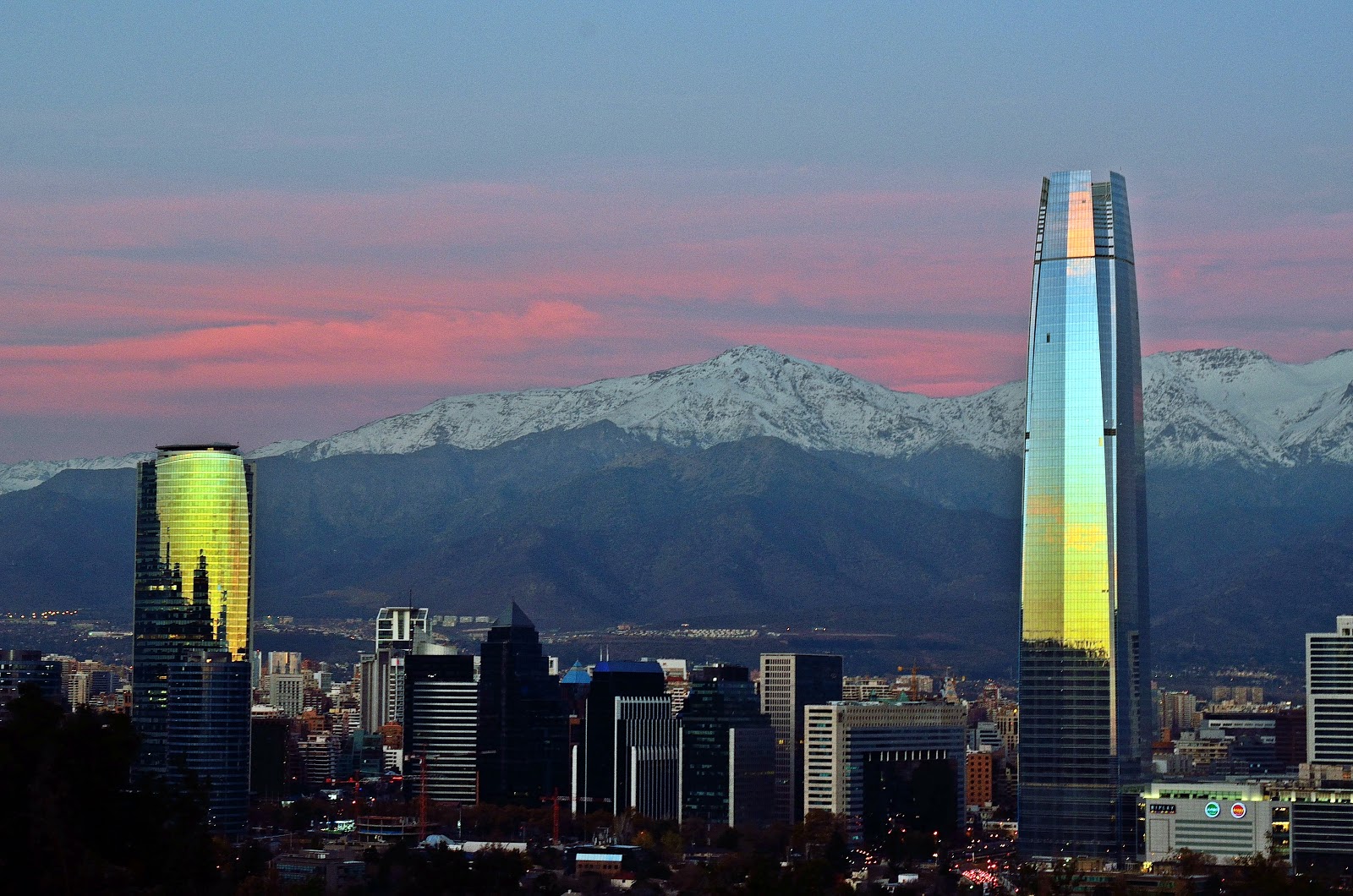Note: It might seem funny, but I’ve never written a standalone post about doing business in Chile. If you’re interested in going deeper, please check out the Chile category on the blog, as there’s 8 years of content about what it’s like, delving deep on banking, real estate, startups, investing and more.
Chile is a long, thin country at the tip of Latin America that is widely considered one of the best countries in the region to do business. Across several indicators in the World Bank’s Doing Business Report, Chile beats out the regional competition. In 2018, Chile ranked 55th in the world on the World Bank’s Doing Business report, coming in just after Mexico, which ranked 49th. However, in recent years, Chile’s business-friendly reputation has slid from 34th to 55th which has been subject to some controversy.
Still, Chile is undoubtedly one of the most influential economies in the region, despite its small size. Chile’s population reaches just 17 million people, but the country is extremely centralized. The capital, Santiago, is home to 7 million people, or one-third of the total population. By comparison, São Paulo, the biggest city in Brazil, has over 21 million inhabitants – more than the entire country of Chile.
Chile’s overall GDP was US$247B in 2016, 28% of which is made up of exports. Chile is the world’s largest exporter of copper, and it also exports lithium, fish, and wine. While Chile’s overall GDP appears small beside giants like Brazil (US$1.8T) and Mexico (US$1.1T), its population is more than ten times smaller. When measured per capita, Chile’s GDP is the second-highest in the region after Uruguay.
